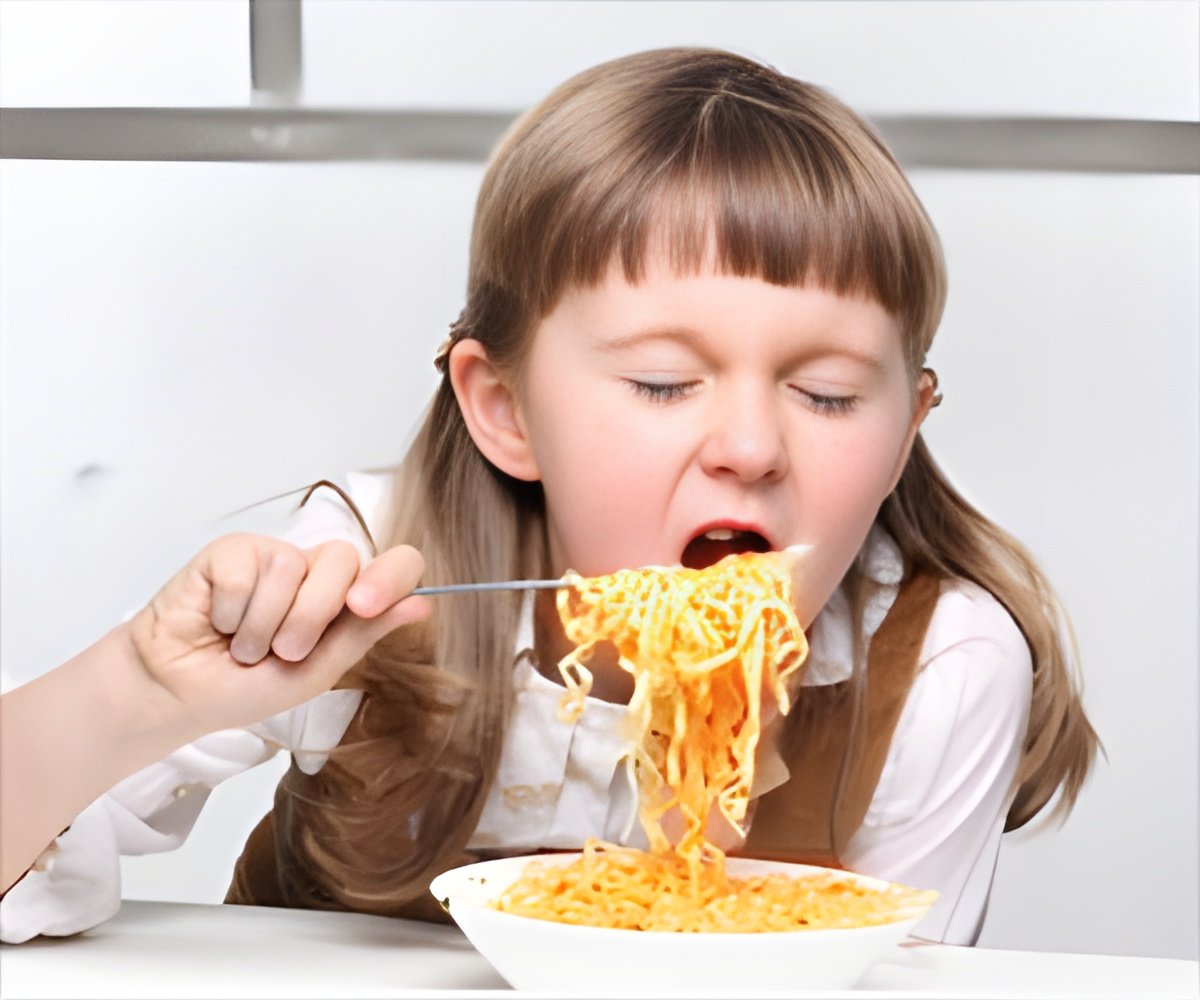A new study shows that parents continue to play an important role in their child's eating behavior into their teen years, which might result in emotional eating.

‘The eating pattern of parents watched by their children might play a role in influencing emotional eating in adolescent children.’





Emotional eating was previously found to be more learned than inherited. This study examined not only the interaction between parents when feeding their children, but also what children learned from watching their parents eat.The initial study was conducted in 2017 with 218 families. Additionally, longitudinal data collected in 2013 were also available. One parent from each family completed the Child Feeding Questionnaire, as well as the Child Feeding Practices Questionnaire, and both adolescent and parent completed the Dutch Eating Behavior Questionnaire.
Emotions Connect the Dots Between Parenting and Adolescent Emotional Eating
Emotion regulation was assessed with the Dutch version of the child-reported FEEL-KJ questionnaire. The adolescent’s body weight and height were measured by researchers.Over the four years between 2013 −2017, covering the time from late childhood to middle adolescence, changes occurred in some parental practices. Parents reported higher monitoring and healthy modeling feeding practices, while the reported levels of food restriction and the healthy environment remained unchanged.
During the same period, adolescents reported a considerable increase in emotional eating from below the average in 2013 to above the average in 2017, according to the norms for the Dutch population. Additionally, the maladaptive way in which they regulated their emotions was also associated with emotional eating.
Food as a reward and monitoring food increased emotional eating, especially in instances where the adolescent employed maladaptive strategies in regulating their emotions.
Advertisement
Additional research is needed to understand the impact of restrained eating demonstrated by a parent impacts the emotional eating of a child.
Advertisement
Source-Medindia












